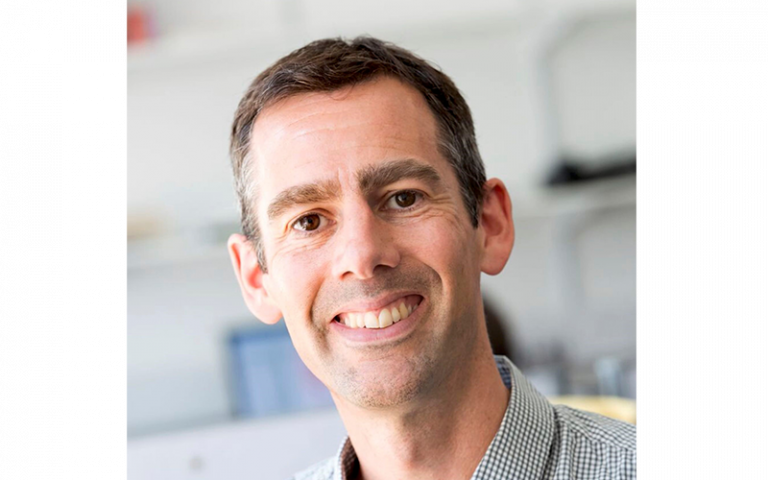Professor appointed to World Bank advisory role
25 January 2021
Professor Jim Watson (UCL Institute for Sustainable Resources) has been appointed Chair of the Technical Advisory Group of the World Bank’s Energy Sector Management Assistance Programme (ESMAP).

Professor Watson will chair ESMAP’s Technical Advisory Group for two years initially. The group provides feedback and advice on technical or implementation issues to the Consultative Group which comprises ESMAP donors. A key role is to advise ESMAP on how to maximise the effectiveness and value-for-money of its activities.
ESMAP is a partnership between the World Bank and 19 organisations, including the UK Foreign, Commonwealth & Development Office and the Department of Business, Energy and Industrial Strategy, to help low and middle-income countries reduce poverty and boost growth through sustainable energy solutions.
Professor Watson said: “I’m looking forward to working with the World Bank and its donors in this new role. The Bank’s approach to the energy sector has come a long way in the past decade.
“ESMAP exemplifies this by supporting sustainable, low carbon solutions for development and poverty alleviation in low and middle-income countries. Crucially, it also focuses on some of the more challenging aspects of energy transitions in these countries, including reform of energy subsidies and markets, and support for change in coal regions.”
Through the World Bank Group (WBG), ESMAP works to accelerate the energy transition required to achieve Sustainable Development Goal 7 (SDG7) to ensure access to affordable, reliable, sustainable and modern energy for all.
It also helps to shape WBG strategies and programmes to achieve the WBG Climate Change Action Plan targets. Since 2010, ESMAP has approved grants worth more than $600m (US, or £438m).
Over the next two years, a key task will be to provide feedback on the impact and relevance of its programs and suggest any necessary adjustments at a mid-term review of ESMAP’s activities under its current business plan, which runs from 2021 to 2024.
Projects supported by ESMAP include scaling up electricity access in Uganda and promoting low carbon technologies and the circular economy in industry in Turkey.
In addition to continuing to support access to electricity and clean cooking, ESMAP will spend the next few years on a broader agenda that includes energy transitions, renewable energy and decarbonising industry.
Links
- Professor Jim Watson’s academic profile
- UCL Institute for Sustainable Resources
- UCL Bartlett School of Environment, Energy & Resources
- The Bartlett Faculty of the Built Environment, UCL
- ESMAP
- World Bank
Image
- Copyright Professor Jim Watson
Media contact
Kate Corry
Tel: +44 (0)20 3108 6995
Email: k.corry [at] ucl.ac.uk
 Close
Close

